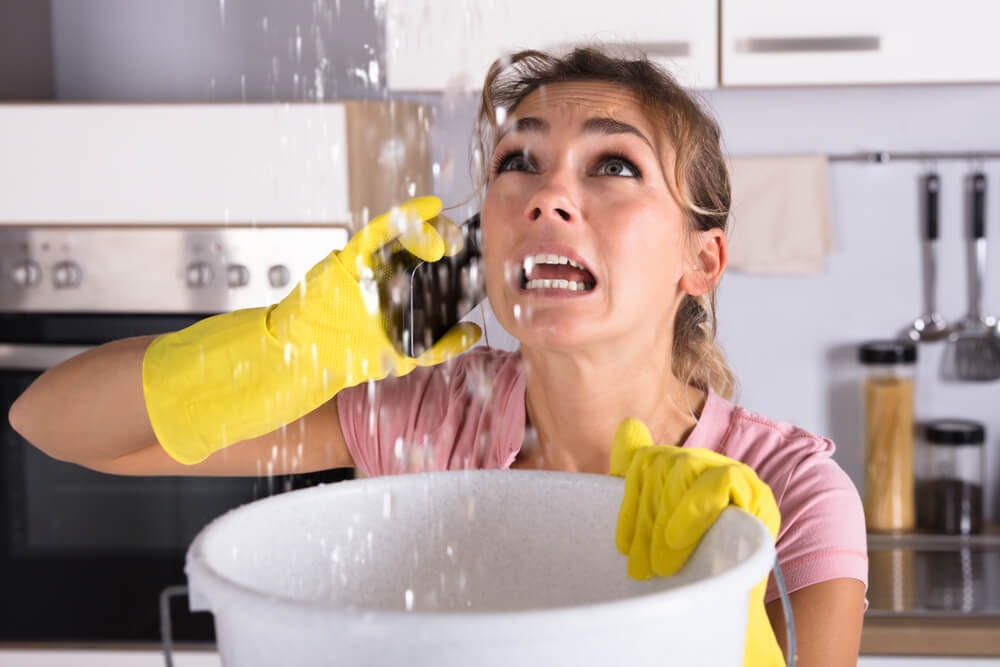


According to the Insurance Information Institute (III), water damage in residences costs billions of dollars every year. Homeowners insurance is a practical cover for property owners to avoid financial loss after incurring water damage. However, prevention is much better as such claims can increase your liability insurance costs if you're at fault as the contractor on site.
Whether you're involved in property repairs, upgrades, or construction, there are measures you can take to prevent leaks that could cause water damage. Read on to learn more.
Your employees - the people doing the actual work on the client's site - should be able to identify possible sources of water damage. It's also essential that they know how to prevent such disasters. However, they require regular training to help reduce the risk of liability for your company. Consider creating a policy document and sharing it with any subcontractors and their staff, too. You should do this before commencing work so that everybody understands their role in preventing water damage in the client's home.
Send a reconnaissance team to the job site to assess possible sources of water damage. For example, if you plan to drill in the basement, make sure your team is able to locate the water lines. This will prevent accidental puncturing of the pipes. Your team should also be able to locate the main water shutoff valve in any type of property.
Watch out for potential risks in faulty or damaged tools or machinery. You want everything in good shape for the work ahead. Test any waterproof seals and ensure none is defective.
Check for signs of frozen water lines in winter, such as water not coming out of the taps at the client's residence.
Inform your employees of the fire risk involved in trying to thaw frozen pipes using open flames or by burning fuel. A fire disaster could occur, exposing your company to costly property or even bodily injury claims.
During the rainy season, watch out for exposed structures like the roof or foundation. Make sure you have a contingency plan to protect the structures vulnerable to water damage.
Always be on the lookout for drastic weather changes and have a mitigation plan in place to prevent damage or resolve any issues as quickly as possible. Your team should be privy to your preventive strategy.
While burst pipes can result in devastating water damage, the effect doesn't occur at once. As such, reacting swiftly to a water emergency can prevent severe losses. Many such incidents occur while you're away, so it's vital that you share your after-hours contact information with your client. This way, they can call you to send a team to their home in case urgent help is required. Also, make sure your repair crew can quickly access the necessary tools and materials to fix any water emergency and prevent severe property damage.
When you're a contractor, observing these precautions can help you minimize the risk of causing water damage on the job. Consequently, your probability of facing property damage liability claims will also reduce. If you have any questions about general liability insurance, contact our experts at Spotlight Insurance Agency today. We're ready to help you get coverage that suits your unique requirements.